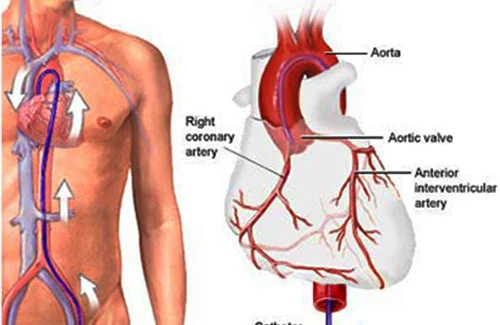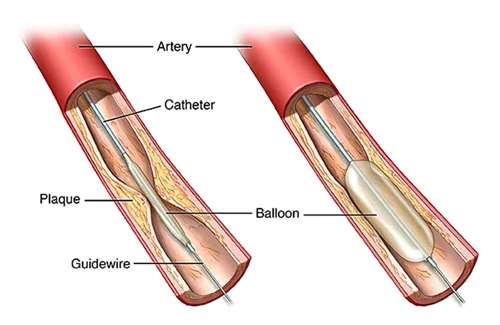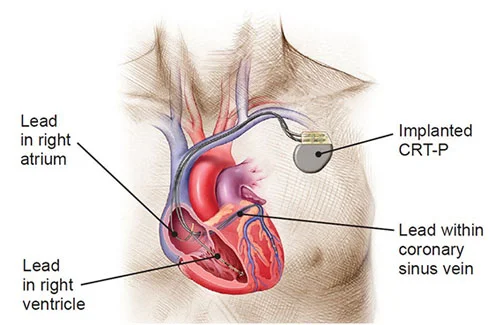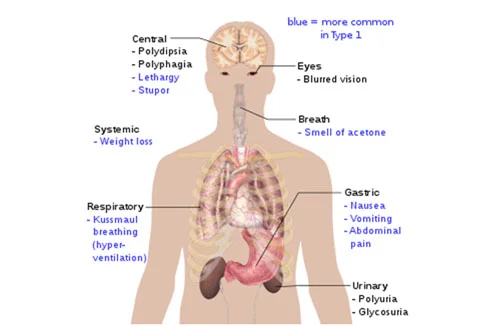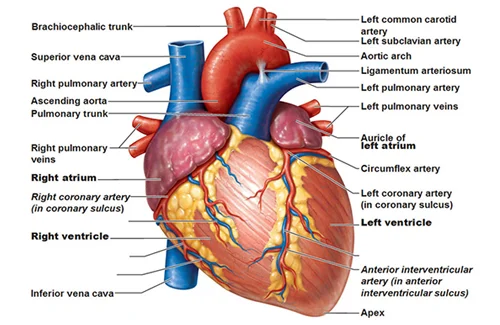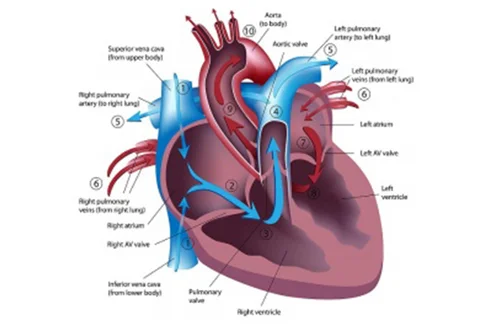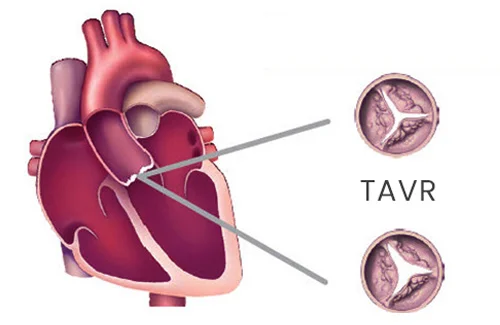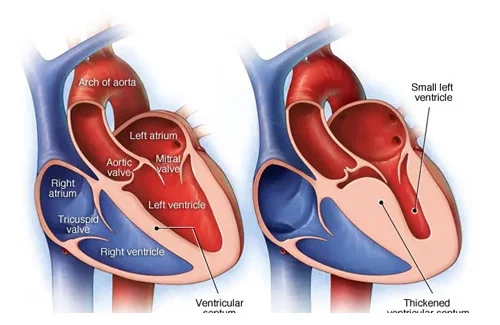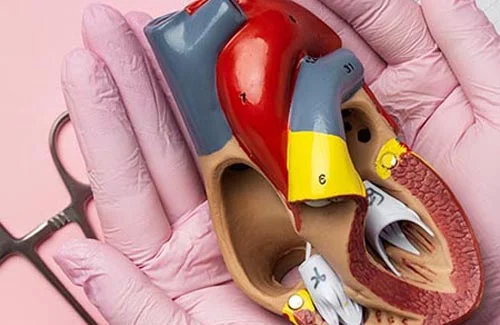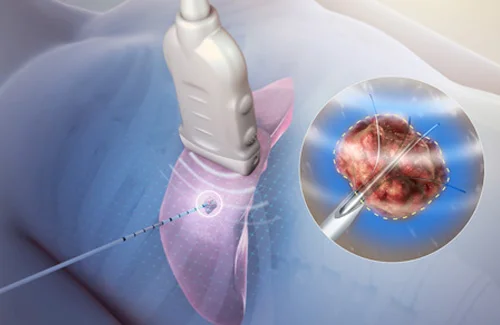Senior Consultant Cardiologist
Professor , GRIPMER
Director - Heart Failure Program & Research
Sir Ganga Ram Hospital , New delhi
The Heart Clinic
13 , Double Storey Market
New Rajinder Nagar , New Delhi
 Dr.Ashwani Mehta is at Sir Ganga Hospital , who has experience of more than 25 years.
Dr.Ashwani Mehta is at Sir Ganga Hospital , who has experience of more than 25 years. Presented more than 150 papers and publications in national and international conferences and in various peer reviewed Journals.
Presented more than 150 papers and publications in national and international conferences and in various peer reviewed Journals. Contributed to various Chapters in Cardiology text books.
Contributed to various Chapters in Cardiology text books. Principal Investigator for 25 major International Clinical Trials , some of them have changed the practices all over the world like PARADISE ,PARADIGM , PARAGON , EMPEROR , etc.
Principal Investigator for 25 major International Clinical Trials , some of them have changed the practices all over the world like PARADISE ,PARADIGM , PARAGON , EMPEROR , etc. Part of prestigious Indian Editorial Board of Eurointervention Journal.
Part of prestigious Indian Editorial Board of Eurointervention Journal.
Comprehensive Cardiac Care
We firmly believe in treating each patient as a unique individual. With state-of-the-art facilities, and a team of experienced professionals we offer treatment of all major cardiac ailments such as coronary artery disease, hypertension, heart failure and arrythmias. We are committed to ensuring that you receive the personalized care you deserve.
Empathic Care
Dr. Ashwani Mehta remains dedicated to his profession, consistently providing the best in cardiac care assistance. Our team takes the time to listen your needs and tailors our services to meet your requirements at affordable price so that no one is deprived of good treatment .
State of the art treatment
We understand that modern technology offers early diagnosis and treatment of many cardiac diseases such as coronary artery disease , heart failure and arrythmias . We are dedicated to supporting you in your journey to a healthier heart and a brighter future.
Dr Ashwani Mehta set the standard for top-notch cardiac care. With a patient-centered approach, he provide comprehensive diagnostics, advanced treatments, and compassionate care, ensuring your heart is in the best hands.


Ashish Midha
Dr Ashwani Mehta listen to his patients and help them in a very positive manner. He is very nice helpful to the patient. I am recommending all my loved one to his guidance and consultation
Ananda Mohan
I fixed an appointment online with the doctor and he went through all my reports and he explained to me every report and suggested in simple language. He was so down to earth and so approachable , thanks doctor and hope to speak to you soon.

Babli Verma
Exceptionally good cardiologist .I was treated by him after visiting so many other doctors. He is an exceptional intervention cardiologist , best doctor to treat Heart failure also.
Guntaj Singh
A very wonderful doctor , no doctor was able to detect my disease but this doctor was able to detect my disease , A very good human being , I am fully fit after Dr Ashwani's treatment,Thanks to doctor Ashwani Mehta
Naresh Krishndas
Dr. Ashwani Mehta is an expert cardiologist and an equally great human being. erything on his own, I don’t think without the help of Dr. Ashwani Mehta, I can only say a big Thank you sir for doing everything for us.


